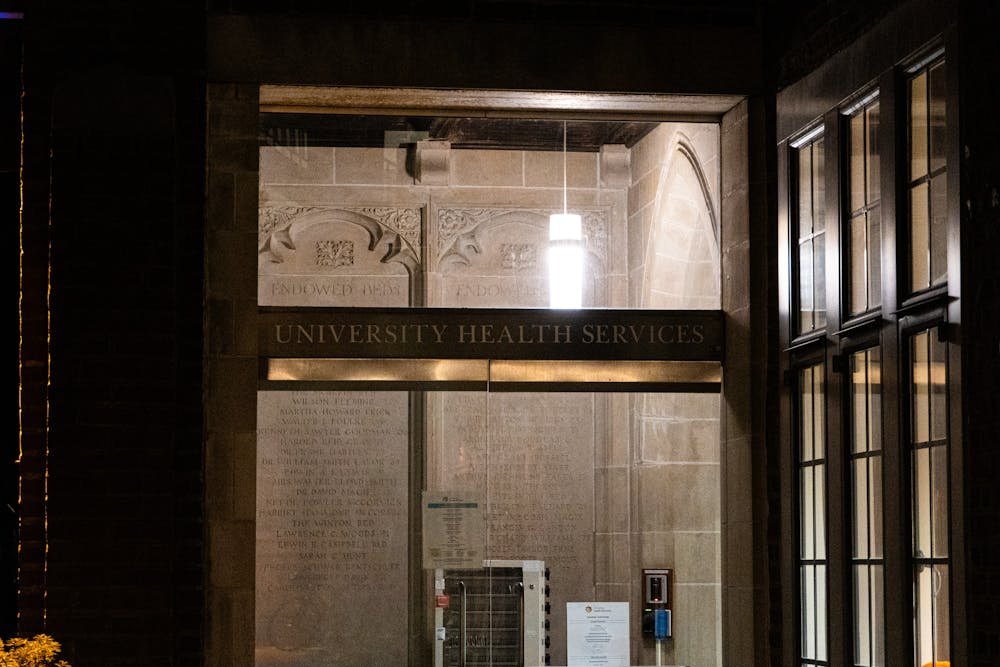The University infirmary in Frist Health Center has halted services overnight from 10 p.m. to 7 a.m. during the first week of the semester due to temporary staff shortages. Students seeking care after hours will be directed to Princeton Medical Center instead.
The facility run by University Health Services (UHS) will re-open overnight on Sept. 5, University Spokesperson Jennifer Morrill told The Daily Princetonian. However, it will still remain closed through “Frosh Week,” the weekend before the start of classes where some eating clubs host their first parties of the year — and historically have sent first-years and upperclassmen alike to UHS for alcohol intoxication.
In an August 23 campus message, UHS Directors John Kolligian and Janet Finnie encouraged students to continue seeking help when necessary and outlined several emergency and support resources, including telephone triage services overnight for students with “non-emergent health concern[s].”
Kolligian and Finnie said in their message that UHS was in the process of hiring additional staff. The lapse in services comes after the University asked departments and units in May to prepare for 5 to 10 percent budget cuts over the next several years and to pause hiring for new staff positions.
They also stressed that students should not hesitate to call for help if a peer appears severely intoxicated. Under University policy, students are obligated to get assistance for others who are severely intoxicated, and being intoxicated is itself not grounds for disciplinary action.
Because overnight stays will not be available for the first week, students being seen in Frist Health Center will be discharged to their dorms or transferred to the emergency room after 10 p.m. The Department of Public Safety (PSafe) is responsible for transporting students to the hospital.
For personal emergencies, emergency funds are available for students with high financial need. However, some worry that the potential added costs and logistical burdens with going to Princeton Medical Center — which staffs an emergency room and is usually considered a measure for more severe issues — may discourage students from calling for help in urgent situations.
“I would definitely be concerned about medical bills from going to Princeton Medical Center,” Angel Asare ’28 said in a statement to the ‘Prince.’ “I would probably evaluate whether or not I really needed to go, which could result in a damaging decision.”

Asare added that students may be more hesitant to call for assistance in emergency situations, “especially if you are an international or undocumented student.”
Kolligian and Finnie stressed that students should immediately call 911 if they are experiencing an emergency.
Frist Health Center officially replaced the old McCosh Health Center in January. Frosh Week, often the site of much “McCoshing,” is traditionally anchored by “Moist Cloist,” a rowdy, beer-soaked party held in the backyard of Cloister Inn. The future of event is uncertain after Cloister announced in June it would be shutting down for the next several years.
Eojin Park is an assistant News editor for the ‘Prince.’ She is from Seoul, South Korea.

Clara Docherty is a News contributor for the ‘Prince.’
Please send any corrections to corrections[at]dailyprincetonian.com.








